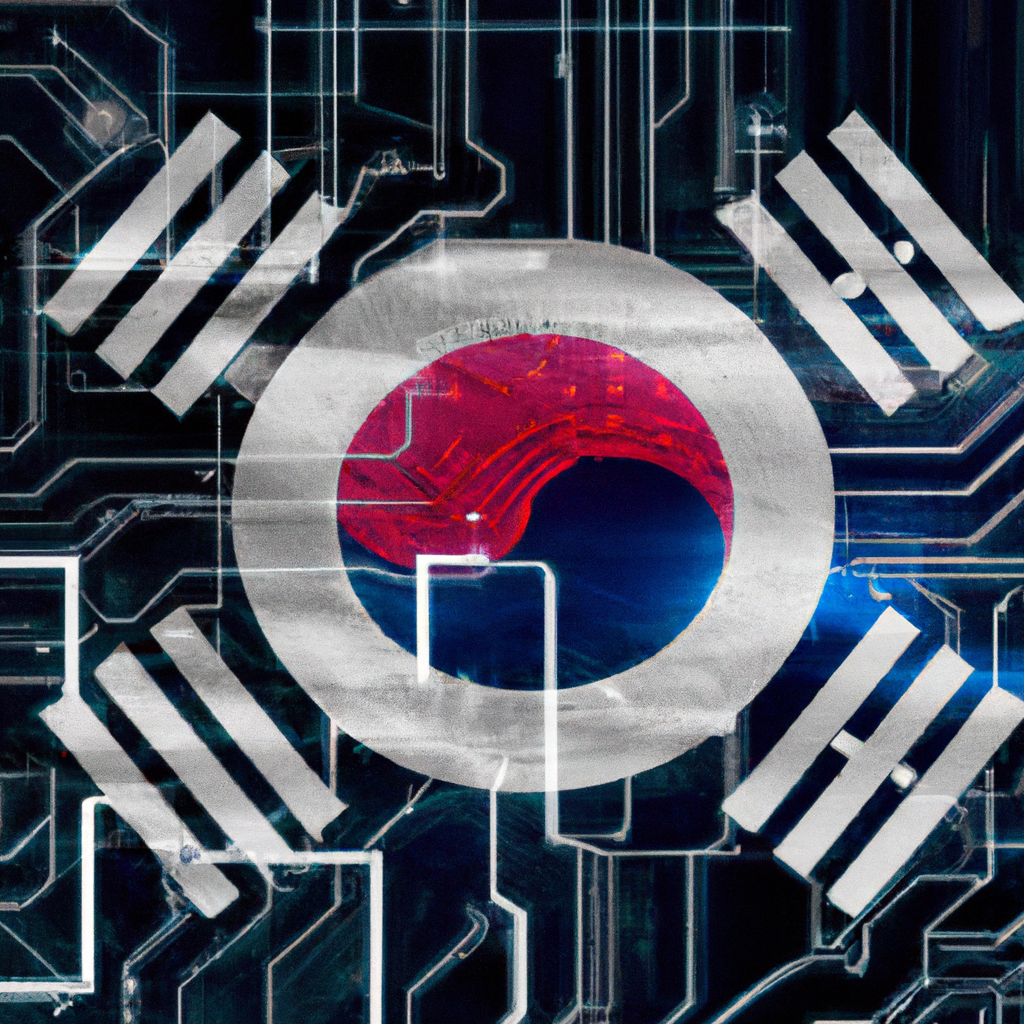South Korea stands out as one of the few economies worldwide experiencing a productivity increase due to artificial intelligence, although rising U.S.-China tensions regarding semiconductor technology could pose a risk to its growth, according to analysts from Bank of America.
The semiconductor sector represents 17% of South Korea’s exports, with the country being a significant beneficiary of the AI surge, showing an export growth of over 50% year-on-year, as highlighted in a report from Bank of America Global Research. Analysts believe that South Korea’s substantial investment in AI research and development, along with a rising number of AI-related patents, will enhance its role in AI adoption in the long run.
However, they caution that geopolitical conflicts could impact semiconductor supply chains, particularly the ongoing friction between the U.S. and China, which may challenge AI growth within South Korea. Although the nation has diversified its chip exports beyond China to various regions, China and Hong Kong accounted for more than 30% of its chip exports in 2023, with a similar percentage going to the U.S.
Bank of America analysts noted that if geopolitical tensions escalate and the U.S. enforces additional trade constraints on advanced or AI-related chip exports to China, it could severely affect South Korea’s memory semiconductor exports.
Additionally, South Korean chip manufacturers rely on China for critical components and equipment necessary for chip production. Thus, any disruption in these supply chains could hinder South Korean companies’ ability to obtain essential production tools.
The U.S. has reportedly urged South Korea to limit exports to China of equipment and technology used in the fabrication of memory chips and advanced logic chips, specifically those more sophisticated than 14-nanometer processes and DRAM memory chips exceeding 18-nanometer specifications. South Korean officials are carefully considering the U.S. request due to potential impacts on major local firms like Samsung and SK Hynix, which have operations in China, the country’s largest trading partner.
Simultaneously, the Biden administration is reportedly contemplating the application of an export control known as the foreign direct product rule on allies that continue to supply chipmaking technologies and equipment to China. This regulation would prohibit the export of any goods to any nation if a specified percentage of U.S. intellectual property components were involved in their manufacturing.
